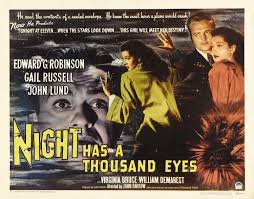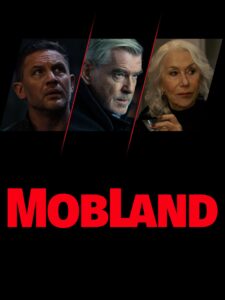.
In 1986, seven years after the release of Alien, the sequel, often lauded as one of the best sequels of all time, Aliens released into theaters to critical and commercial success.
In 1999 with the release of a boxed DVD set featuring the franchise’s films, a director’s cut of the movie was included, a version that many fans find superior to the theatrical release. I am not one of them.
According to director Cameron, on the audio commentary for one of the releases, the film was coming in long and as non-linear editing had not yet been widely adopted and the production was running out of time, performing numerous small edits here and there throughout the film to shorten it proved to be insufficient to the task. Producer, and then spouse to Cameron, Gale Anne Hurd noted that the entire reel containing all of the colony material prior to Ripley and the Marine’s arrival could get dropped without impacting the plot. A simple, fast fix that allowed the production to meet that rapidly approaching deadline. When given the chance to re-edit the film with digital editing tools for the box set, Cameron restored the reel and several other scenes that had been excised from the theatrical release.
In my opinion, the longer, less focused, run time damages what was a nearly perfect film in two major ways.
The first is in perspective. With the time spent on the colony meeting a few of the colonist, Newt prior to her horrific experiences, and such dilutes the powerful telling of Ripley’s story. This story is about Ellen Ripley, her post-traumatic stress dealing with the terrors she encountered and the guilt of her survivorship. She is the character the audience invests their emotional capital with, and it is her pain and suffering that makes us tense hoping and praying for a happy ending. To take 10 or 15 minutes away from Ripley for characters we scarcely know and are not at all emotionally invested in their stories. This dilutes the film’s power. Aside from Newt, how many colonists can you name from the director’s cut?
The second issue I will admit is more pedantic, but it is one that bothers more and more when I watch the film.
Each alien drone/warrior comes from a single impregnated victim, and it’s stated that the colony on LV-426, — and don’t get me started on the colony name — had a population of 158 person. 158, that’s a small movie theater’s worth of people. I have never counted but it looks to me, particularly in the Director’s cut that there are a lot more than 158 aliens that attack the characters in the siege. A favorite sequence for many in the extended version is the automatic guns, set up to guard the tunnels leading into the base where our heroes have barricaded themselves. The guns firing automatically cut down waves of alien drones. Even after all that there remain scores that make the final assault and even still more in the nest to threaten Ripley and Newt’s escape.
Especially in the director’s cut there are simply far too many aliens something that chips and erodes away my ability to suspend disbelief for the movie.
Your opinion may be different and that’s part of the beauty of art, but to me the theatrical is the best version of Aliens.





 .
.

